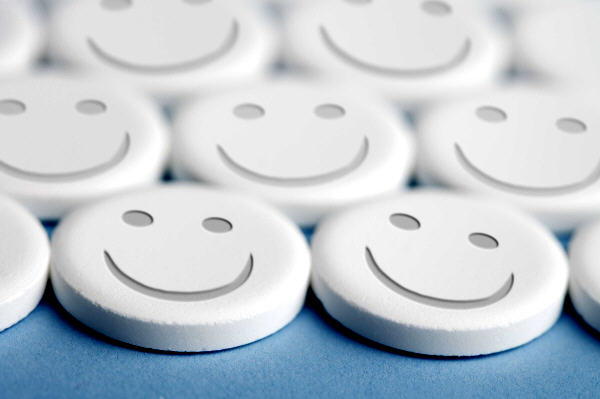
How Anti-Depressants Work to Help you Feel Better
Depression is essentially a strange state of mental breakdown, gradual or rapid.
Depression strikes some 35 million people worldwide, according to the World Health Organization, contributing to lowered quality of life as well as an increased risk of heart disease and suicide. Treatments typically include psychotherapy, support groups and education as well as psychiatric medications.
The action of these compounds is fairly common. Certain anti-depressants increase available levels of serotonin, sometimes referred to as the feel-good neurotransmitter, in our brains.
Neurons communicate via neurotransmitters, chemicals which pass from one nerve cell to another. A transporter molecule recycles unused transmitter and carries it back to the pre-synaptic cell.
For serotonin, that shuttle is c...

